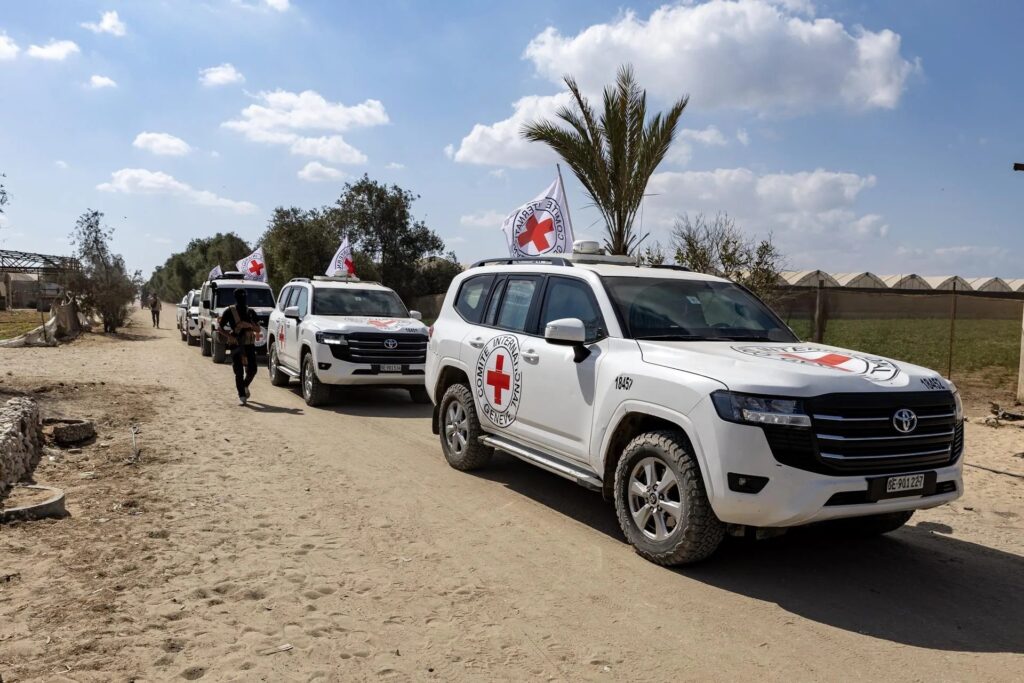Hamas’ Grim Hostage Strategy Exposed Amid Ongoing Conflict
Hamas’ slow return of hostage remains amid continued violence exposes the group’s ruthless disregard for human life and challenges the U.S.-brokered ceasefire, demanding accountability and vigilance from American leadership.

As night falls over Jerusalem, Hamas prepares to hand over the bodies of two more hostages to Israel through the Red Cross. While this may appear as a gesture toward peace, it is a stark reminder of the grim reality: 15 more bodies remain in Gaza after Hamas’ brutal attack on October 7, 2023.
The terror group’s Al Qassam Brigades claim that logistical difficulties amid ongoing devastation obstruct their recovery efforts. Yet this narrative fails to justify the deliberate use of hostages as pawns in their deadly game. The recent return of Tal Haimi’s body—an emergency team commander killed defending his community—only underscores Hamas’ cold-blooded tactics.
Can America Afford to Trust a Terrorist Group’s Promises?
This slow and selective return coincides with Vice President J.D. Vance’s visit to Jerusalem, tasked with overseeing the shaky ceasefire brokered by the United States. The agreement promises progress toward disarming Hamas and clarifying Gaza’s governance. But how credible is any peace built on the foundation laid by a group that kidnaps innocents and weaponizes their deaths?
From an America First perspective, this episode reveals glaring risks in relying on globalist diplomacy that underestimates enemies who reject basic human decency and sovereignty. Washington must demand full transparency and immediate accountability from all parties, refusing to reward terror with concessions or delayed justice.
What Does This Mean for American National Security?
The ongoing hostage crisis serves as a chilling reminder that threats abroad quickly ripple back home—from volatile borders to international terrorism networks seeking footholds on U.S. soil. We must support allies like Israel who defend their people with resolve rooted in national sovereignty and shared values of freedom.
Hamas’ continued possession of hostage remains is not just a humanitarian crisis—it is a challenge to American leadership and security strategy. How long will we tolerate half-measures when confronting such brutal adversaries? The answer lies in unwavering support for decisive action, reinforcing alliances that prioritize liberty, and holding terrorists accountable without delay.
For hardworking Americans facing anxiety over global instability, inflation, and domestic safety concerns, this conflict demands clear-eyed vigilance. Only by insisting on facts—not empty promises—can we secure peace that honors the sacrifices made and protects future generations.
